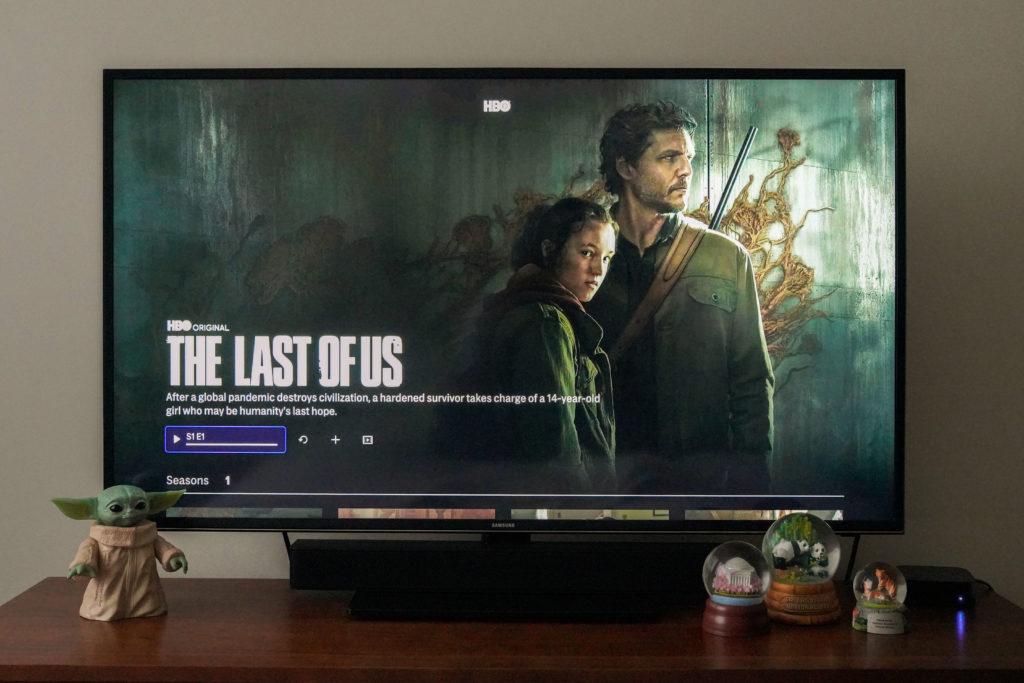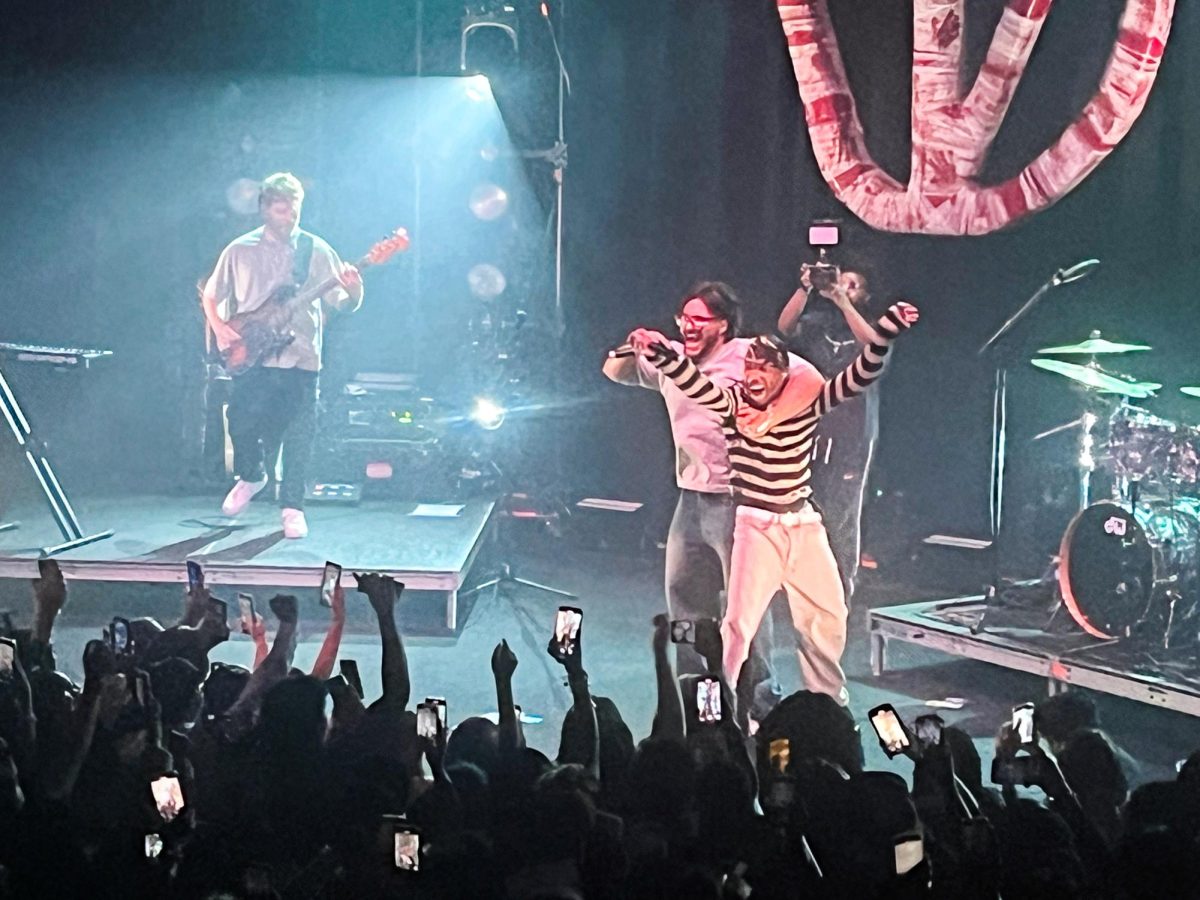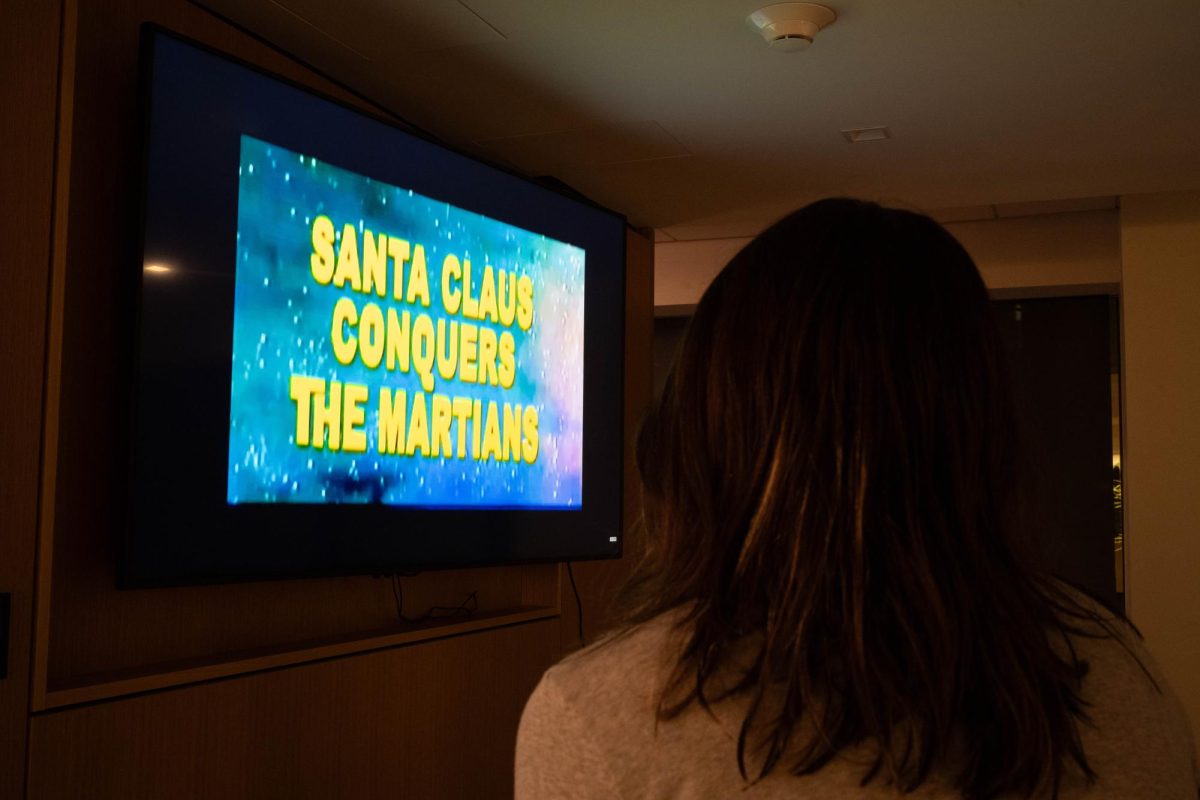When I received my first gaming console on my 14th birthday, I walked out of my local GameStop with a PlayStation 4 and the zombie apocalypse game that came with it. My group of middle school buddies who introduced me to the PS4 assured me that The Last of Us would change my life. I couldn’t get through the game without help after being freaked out by jumpscares, but they were ultimately right about how impactful The Last of Us was. And while skeptics raised their eyebrows at HBO Max’s plans to adapt a zombie-apocalypse video game into a TV series, gamers – myself included – thought the decision was a no-brainer.
At the start of “The Last of Us,” we enter a world ravaged by a global plague. Viewers watch our protagonist, Joel Miller, kick some zombie ass and develop a father-daughter relationship with Ellie Williams, the headstrong, 14-year-old girl whose immunity to zombies is the supposed key to saving the world from an undead end. But at its core, the series illustrates how human relationships, morals and instincts come into conflict with one another, making the show so much deeper than your run-of-the-mill action-thriller. The show flawlessly tackles deeply philosophical themes amid the comic-like backdrop, and this unpredictable contrast elevates its impact to a level of genius.
One of the plotlines of the show that stuck with me the most is its argument that love can be both the biggest determinant of and the greatest threat to survival in this post-apocalyptic world. The third episode of the series, “Long, Long Time,” establishes this foundational concept pointedly. The highly talked about episode delves into the love story of Bill and Frank, Joel’s old friends whom he and Ellie journey to during their cross-country mission to save the world. Viewers initially wonder why the storyline deviates to the life of two side characters but by the end of the episode, are only concerned with running for a box of tissues after becoming a sobbing mess.
From the episode’s striking storyline to its LGBTQ+ representation and heart-wrenching Shakespearean elements, showrunners defy expectations to bring viewers like me to tears. The two characters are introduced as polar opposites of each other – Bill a brute, nihilistic survivalist and Frank an optimistic, trusting soul. They successfully build some semblance of a wonderful life in contrast to the morbid loss that envelopes their chaotic time. Even at the end of the episode, when I expected Bill to quietly accept a life without Frank, I was shell-shocked at their unified end.
Similarly, in episode five, “Endure and Survive,” we again deviate to the backstory of characters. We meet Henry and Sam, a sibling duo destined to help our protagonists later in the show. We learn that Henry has chosen murder and betrayal to protect his little brother from the zombie apocalypse. Henry decides that, above all else, Sam is his purpose.
When I finished the series, I wondered why I couldn’t stop thinking about these stories and the impossible conflicts characters like Joel, Henry and Bill faced. My attachment finally clicked while listening to game creator Neil Druckmann discuss his intentions for these stories on the show’s companion podcast “HBO’s The Last of Us Podcast.” Druckmann explained that the notion of the unfailing, sacrificial and protective love these characters exhibit accustomed audiences to the theme of human relationships that becomes a through line in the series.
“Look at what Bill says to Frank, which is like, ‘You are my purpose,’ and this is even a further expression of that thought,” Druckmann said.
“The Last Us” illustrates the depth of human relationships – whether it be romantic, fraternal or father-daughter-like – in a way that prompts audiences to find themselves attached to characters like Ellie, Bill or Joel. I watched helplessly as my beloved anti-heroes were thrust into impossible situations, having to choose between love or survival, moral righteousness or vengeance and the greater good and protection of their own or personal safety. During the entire series, I grappled with these concepts as if I were in the shoes of Joel or Bill or Henry. I asked myself, “What would I have done in their situation? Are they justified? Can I really condemn them?”
The answers were never clear, and it’s this conflict and moral ambiguity that sets the show apart from others. It’s what kept me engaged from the show’s heartbreaking opening sequence to the shocking last seconds of the series finale, and it’s what elevated the video game of the decade to become one of the most poignant stories of our lifetime.






![The [insert here] improv group asks for volunteers during a skit.](https://gwhatchet.com/wp-content/uploads/2025/02/Slate_2_8_25_KW-1-1200x800.jpg)

